Pakistan's fake drugs markets sell medicines made of poison and brick dust: report
Drug Regulatory Authority has carried out raids to curtail the fake drug trade but the problems still persists
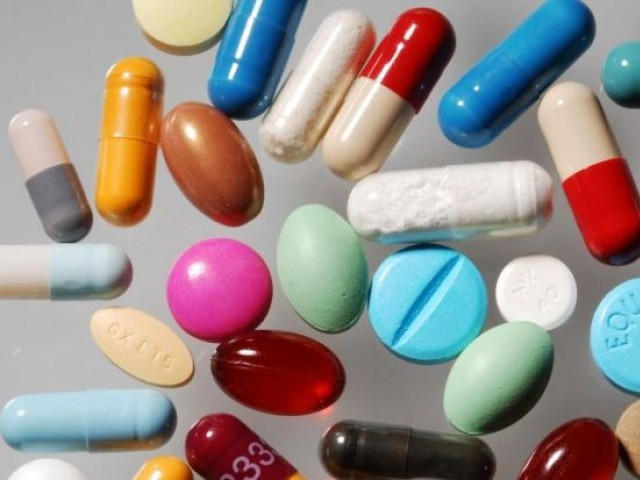
PHOTO: AFP
“We make everything here, whatever is in high demand in the market place,” a man at the fake drugs workshop, who was not identified, told CNN.
"In all of these capsules and bottles we put the same ingredients. And all of the syrup is the same syrup. Only the color is different," he added.
Read: Quality check: ‘Don’t confuse substandard drugs with fake products’
Another counterfeiter boasted about how easy it is to buy these fake drugs. "Everything is available from the nearby market, bottles, boxes, bottle caps, capsules... everything," he says.
Javed Iqbal, a medicine supplies salesman, admits to selling these components but denies any knowledge of the counterfeiting that happens after the buyer leaves his shop. "They buy from us, this is our business. But we don't know what they put in these bottles, it could be alcohol, it could be medicine. We don't know."
The World Health Organization (WHO) estimates that as many as one million people die every year worldwide from ingesting counterfeit medications. In Pakistan, in 2012, in one incident alone, 120 people died after taking counterfeit heart medicine.
In 2010, Rehman Malik, then Interior Minister, addressed the National Assembly calling for action against counterfeit medicine. “Between 45-50% of Pakistani drugs were fake or of substandard quality,” he informed the members of the assembly.
Although, the Drug Regulatory Authority of Pakistan has carried out many raids to curtail the fake drug trade, the problems still persists.
According to the Pakistani Pharmacist Association, there are approximately 4,000 licensed pharmacies in Pakistan, but also as many as 100,000 other illegal merchants selling medications.
"The packaging is made to look beautiful and attractive so that the patient never comes to know what's inside it. Counterfeit medicines cheat the patient. The copies don't work and the patients don't recover. Of course laws and rules exist but they are not implemented in this country," said Farmann Abbass, a Pakistani pharmacist.
Read: Spurious medicine: ‘Stricter law promulgated for drug distribution’
Some of the fake medicine made in Pakistan also ends up being sold online to countries in Europe and the US. However, according to the most recent WHO figures, the counterfeit market was worth $431 billion in 2012, with most originating from India and China.
With his face obscured to mask his identity, a man who sells the fake medicines online from Pakistan told CNN, "it's our job. We just work here. But, we don't recommend anyone we know buying these drugs. They are not good quality medicines."
Former Deputy Assistant Secretary for the US Immigration and Customs Enforcement agency (ICE), John Clark, said, “Analysis of fake drugs seized in the US has shown traces of pesticides, rat poison, brick dust and paint, among other ingredients.”
However, Clark, who is now Chief Security Officer and Vice President of Global Security for Pfizer pharmaceuticals, is of the opinion that the counterfeiters aren't necessarily intending to poison people. “They're looking for the cheapest binding agents available to maximize their profits.”
This article originally appeared on CNN

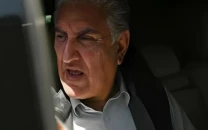
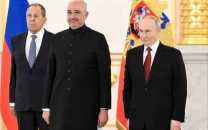
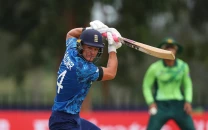
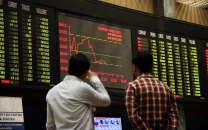
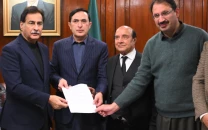
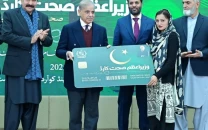
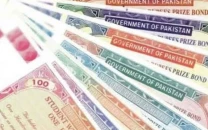
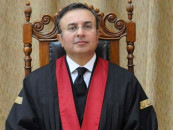
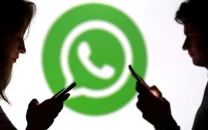

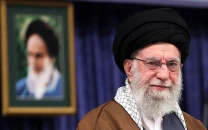
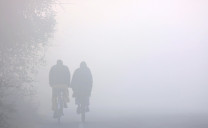






COMMENTS
Comments are moderated and generally will be posted if they are on-topic and not abusive.
For more information, please see our Comments FAQ